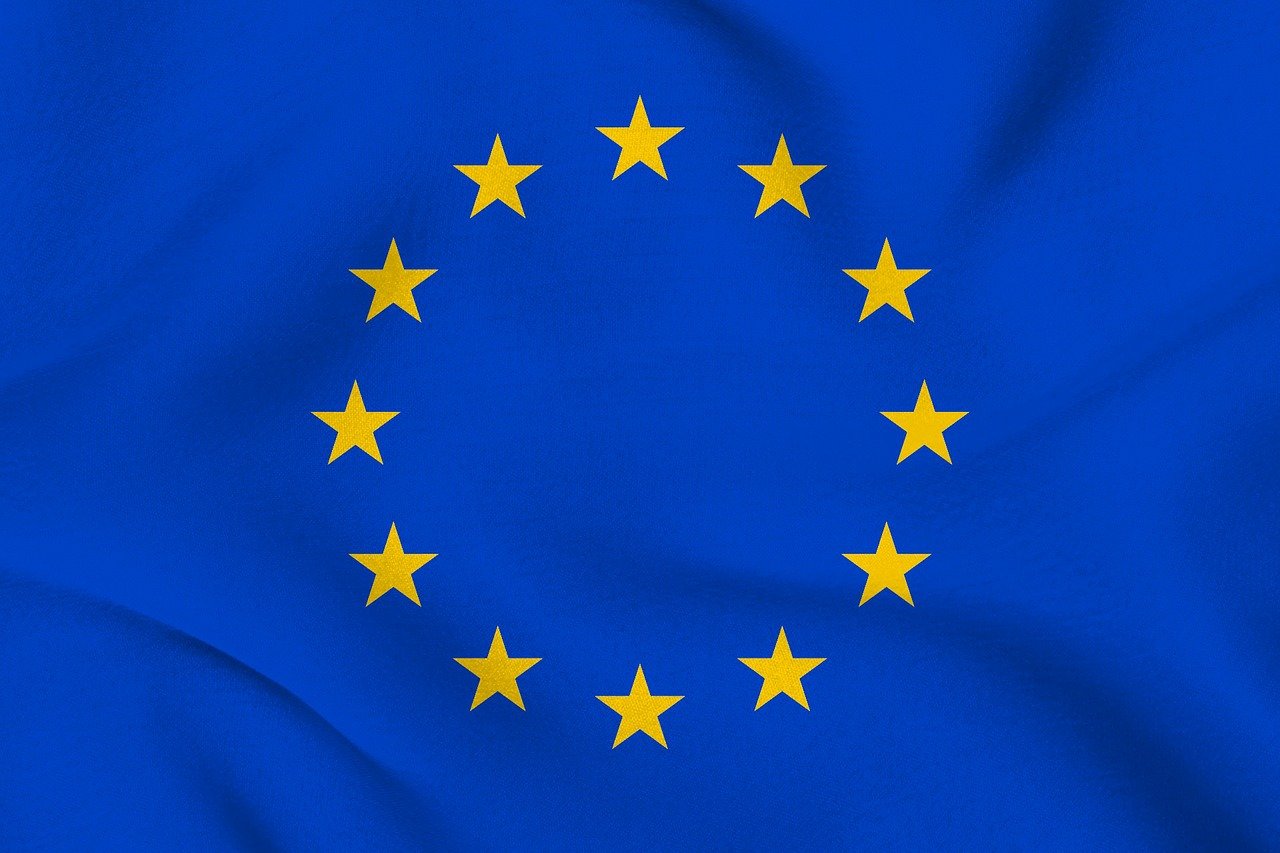EU Regulators Push for Stricter Capital Rules on Crypto-Holding Insurers
29.03.2025 16:00 1 min. read Alexander Stefanov
European regulators are pushing for stricter capital requirements on insurers holding cryptocurrencies, marking a significant shift in the EU’s approach to digital assets.
The European Insurance and Occupational Pensions Authority (Eiopa) has advised the European Commission to enforce a 100% capital requirement on all crypto-related holdings.
If adopted, this measure would substantially raise the cost of maintaining digital assets, discouraging insurers from exposure to the sector.
Currently, most EU insurers allocate capital equal to 60–80% of their crypto assets, but the proposed regulation would require full coverage.
Eiopa’s recommendation extends beyond Bitcoin and Ethereum, including stablecoins pegged to fiat currencies and tokenized assets linked to traditional investments such as stocks and bonds.
This marks an unprecedented level of capital restrictions for insurers dealing with any asset class.
Despite the firm stance, the immediate impact on the industry is expected to be minimal. By the end of 2023, European insurers collectively held around €655 million in crypto assets—less than 0.01% of the region’s total €9.6 trillion in assets.
A significant portion of this exposure was concentrated in Luxembourg, likely through investment funds rather than direct holdings.
-
1
Turkey Targets Crypto Crime With New Withdrawal Delays and Transfer Limits
25.06.2025 11:00 1 min. read -
2
Europe Takes the Lead in Crypto as U.S. Stalls on Regulation
22.06.2025 22:00 2 min. read -
3
EU Grants MiCA Licenses to 53 Crypto Firms: Here Is the Full List
07.07.2025 19:00 2 min. read -
4
Japan Plans Major Crypto Reform with New Tax Rules and ETF Access
24.06.2025 20:00 2 min. read -
5
Gemini Launches Tokenized MicroStrategy Stock for EU Users
28.06.2025 9:30 2 min. read
EU Grants MiCA Licenses to 53 Crypto Firms: Here Is the Full List
The European Union has granted a total of 53 licenses under its MiCA (Markets in Crypto-Assets) regulatory framework, marking a major step toward harmonized crypto oversight across the region.
Here is When the U.S. House Will Vote on Key Crypto Bills
Following the passage of President Donald Trump’s sweeping tax and spending bill, House Republicans are now setting the stage for a major push on cryptocurrency legislation.
SEC Chairman With Important Comments on Regulation, Crypto, and Trading
U.S. Securities and Exchange Commission (SEC) Chairman Paul Atkins has emphasized the agency’s continued focus on investor protection, addressing insider trading, market manipulation, and the evolving landscape of cryptocurrency regulation.
Arizona Governor Vetoes Bill, Related to State Crypto Reserve Fund: Here Is Why
Arizona Governor Katie Hobbs has officially vetoed House Bill 2324, a legislative proposal that aimed to create a state-managed reserve fund for holding seized cryptocurrency assets.
-
1
Turkey Targets Crypto Crime With New Withdrawal Delays and Transfer Limits
25.06.2025 11:00 1 min. read -
2
Europe Takes the Lead in Crypto as U.S. Stalls on Regulation
22.06.2025 22:00 2 min. read -
3
EU Grants MiCA Licenses to 53 Crypto Firms: Here Is the Full List
07.07.2025 19:00 2 min. read -
4
Japan Plans Major Crypto Reform with New Tax Rules and ETF Access
24.06.2025 20:00 2 min. read -
5
Gemini Launches Tokenized MicroStrategy Stock for EU Users
28.06.2025 9:30 2 min. read


